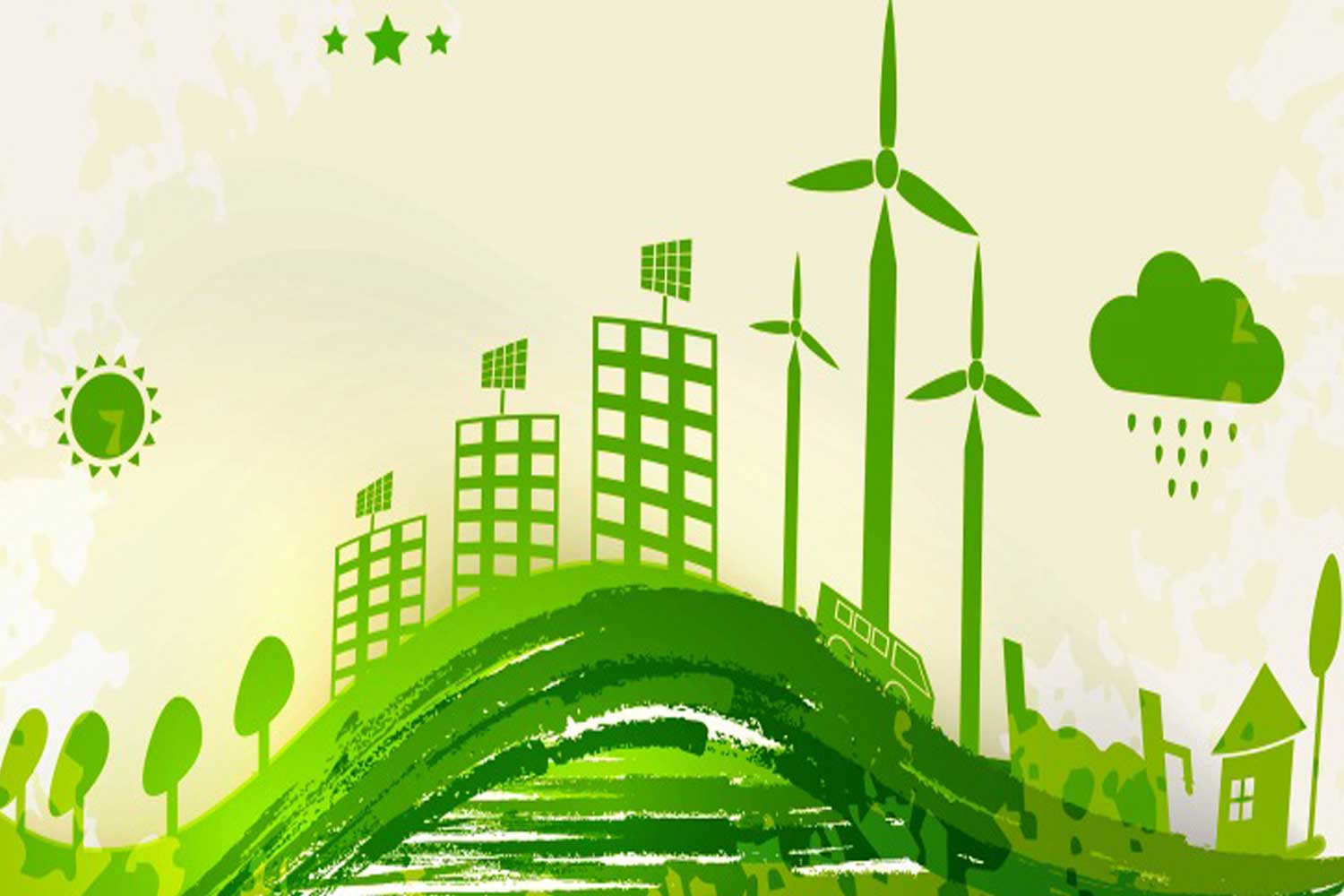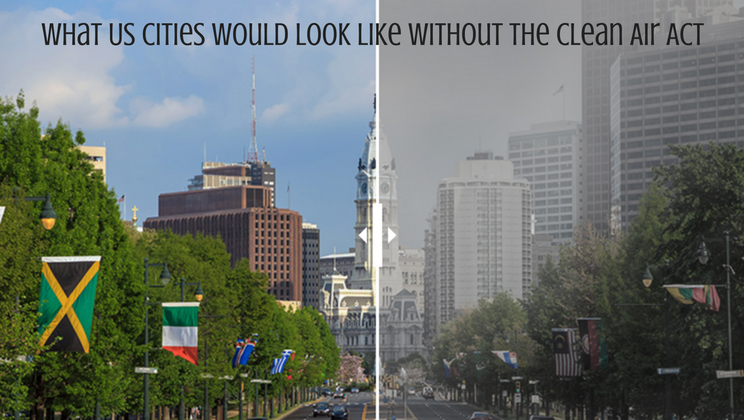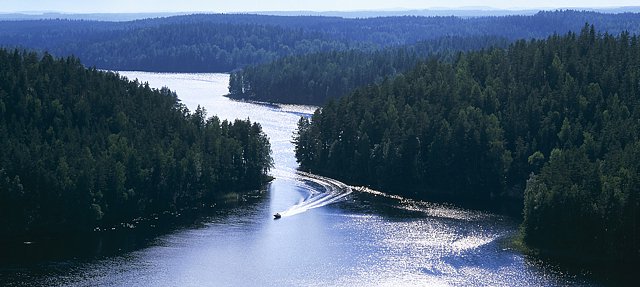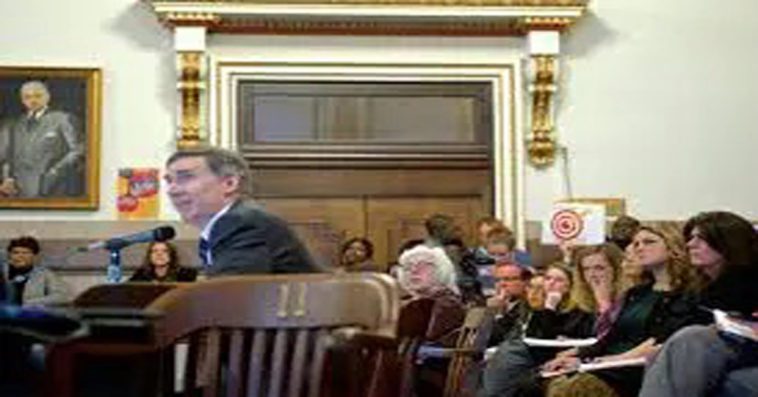More than individual changes, the zero waste movement needs the government to protect the environment.
People these days are preoccupied. You can literally see lots of people going around town, working hard for their salary’s worth, etc. It’s difficult to encourage them in joining because of such responsibilities they grew knowing of ahead of what you are hoping for them to get involved in.
Thus, different campaigns and advocacy teams are really squeezing the juices in their brains, finding out ways how to get these people engaged in their activities. And mind you, that one of the hardest groups of people that you can rarely get to be involved in activities regardless of their importance in the society, is the government.
We all attest that getting our government – local or international – would be difficult to achieve in our activities or campaigns. There are several reasons why and they can be both legal and technical reasons.
Environmental Protection has ever since been a movement that is being fought to be at the pedestal of every human beings’ life. A movement that everyone must see the importance of human survival on Earth basically revolves around the resources provided by the environment.
To help you push for policies that protect the environment, I interviewed lifestyle bloggers, environmental activists, lawyers, government officials, political analysts, and environmental experts. Get inspired by their insights to engage your government in environmental protection.
What role does government play in environmental protection?
But before getting to the tips and advice, we always begin with the basics. Now, we have to know and understand the gravity of importance and the role that the government plays in environmental protection.

Brana Dane, a model for eco-friendly brands and an environmental activist who works with 300 other women on campaigns to make the policy change and protect, says, “Government is vital in the fight for a more sustainable future. Corporations have a large incentive to cut corners and we need strong laws and enforcement to preserve our environmental legacy.”
Given the range of influence and reach of the government, getting them involved in Environmental Protection can really change the course of survival. Hence, the environment’s condition can be kept even safer.
Atty. David Reischer of Legal Advice also said, “Environmental regulations work to protect the public health and also the environment from various types of pollution by industry and also from harmful development. The government and their agencies regulate a wide range of environmental concerns ranging related to air and water pollution and the prohibition and/or regulation of toxic materials that endanger the environment.”
Although, not in an instant, but just with one call towards their connections for support, it would be less of a hassle already on the part of the campaign. Hence, several improvements can be seen due to their genuine engagement. Even Nivi Achanta of Soapbox Project, emphasized the importance of policy change as it is necessary to adopt climate adoption and mitigation solutions.

We have to understand the crucial position that government plays once they get involved, not just in environmental protection, but other important and necessary campaigns and movements that need their support.
James Lucas of Adept Golf states: “Government plays a crucial role in protecting the environment by creating awareness among masses through print and electronic media. govt. It encourages people to use natural resources and facilitates them to achieve the goals related to environmental protection.”
Moreover, there are tantamount areas that normal citizens can still not get through, and only with the help of the government, it can be accessible. Melinda, a cofounder of Parcel Health, says, “Environmental protection is an area that the free market has failed to innovate in or solve. For years now, large corporations have marketed the idea of recycling whenever consumers complained of single-use waste, however, corporations have failed to contribute meaningfully either via their Corporate Social Responsibility funds or through taxes that can fund local municipalities in accepting and processing recyclable materials.”
Besides, the government almost owns everything that there is that contributes to the deadly condition of the environment. According to Andy Ha, Head of Marketing of Cloom, “For example, most thermal power plants are owned by the government, and only the government can build dams, roads, railways, etc. Without government approval, no industrial or any other related activities are allowed. Therefore, the government must implement various inspections and controls to manage the environment properly.”
What are the weaknesses of governments in solving environmental issues?
On the contrary, despite their advantage in helping the environment, there are still quite a few weaknesses observed by the government.
Slow-moving
And I must agree with Brana Dane that the government can be slowpokes. The model says, “Government can be slow-moving and the limitation is that it can be too slow to react to a constantly changing landscape of new technology and new products. It takes a while to get environmental emergencies the proper attention. Getting a law passed is a process as well.” And these claims are undeniable. You can knock on their doors and they’ll only give you ‘assurance’ of their support yet weeks had passed and still nothing.
According to Atty. David Reischeris “The weakness of governments in solving environmental issues is plentiful. Oftentimes governmental action lags the effect of environmental damage. It is not uncommon for the enforcement of regulations to be ineffective against bad actors. Frequently bad actors will outright ignore laws or simply pay the monetary costs associated with environmental damages. It is also very hard to build consensus among national and global stakeholders on how to respond to environmental problems.”

Negligence
James Lucas said, “The biggest weakness of the government is its negligence towards
environmental protection. If the government itself is not interested in environmental protection then there will be no policies or mapping about this crucial issue to solve.”
Lobbying from Polluters
Robyn Michaels laments the influence of polluting industries as well as an uninformed, ambivalent public as the cause of poor government regulations.
According to Melinda Lee, Too many in the government rely on lobbyists to educate them on issues and this stifles the passage of common-sense environmental laws. This is most evident in the United States’ refusal to ratify the Basel Convention on the Control of Transboundary Movements of Hazardous Waste and their Disposal. At its core, this is an agreement that would only allow plastic waste to be shipped internationally with the prior consent of the importing countries. Yet, the United States as one of the largest producers of plastic waste has refused to sign on it.
Costly Policies
According to Andy Ha, “Global environmental research programs are costly because they require expensive technologies, such as satellites, weather stations, ships, supercomputers, and specialized personnel. In addition, to distinguish trends from regular environmental changes, long-term data sets are required. Such requirements make it difficult for this type of research to compete for funding effectively. Compared with studies designed to test new
hypotheses, long-term monitoring is inevitably less exciting. Until recently, the scientific community, Congress, or funding agencies have realized the value of long-term research. And no federal agency is authorized and supplemented by appropriate resources to support long-term, large-scale study on the global environment.”
Whether we like it or not, one of the main reasons why activists would rather work with themselves than ask for help from the government is because of their negligence and lack of interest in helping such endeavors. Sad at it may, that is the reality.
What is environmental law?
Here are the definitions of environmental law, according to several experts:
David Reischer: Environmental law is a body of laws and regulations that governs how actors
are permitted or prohibited to interact with their environment. Environmental laws focus on the management of various natural resources, such as agriculture, minerals, and fisheries.
Andy Ha: “Environmental law is a collection of laws, regulations, agreements, and common laws governing how humans interact with the environment. The purpose of environmental law is to protect the environment and set rules for using natural resources. Environmental law aims to protect the environment from damage and determines who can use natural resources and under what conditions. Laws can regulate pollution, the use of natural resources, forest protection, mineral collection, and animal and fish populations.”

James Lucas: Environmental law includes policies, directives, rules, and regulations to
protect the environment. This law is not specific to any region or country
but is for all the countries and regions in the world.
Why is the environmental law important?
Simply because it is for the protection of the environment and the people.
Sets the rules for the common good
David Reischer says, “Environmental law is important because it sets up a rules-based system for protecting the natural environment from selfish actors. Environmental law protects people and the environment from the ‘tragedy of the commons. The tragedy of the commons is a situation in which individual actors, who have open access to a resource unhampered by formal rules that exploit the environment and externalize the costs of production to others.”
Protects nature
Andy Ha says, “Environmental law is committed to protecting land, air, water, and soil. Negligence of these laws can lead to various penalties, such as fines, community services, and in some extreme cases, imprisonment. Without these environmental laws, the government will not punish those who do not treat the environment well.”
According to James Lucas, this law helps maintain a healthy atmosphere. With the population, this law helps discipline the people from constantly contributing to the surging number of wastes that endangers the environment.
Marilyn Gaskell, Founder of TruePeopleSearch, a free web-based people search service, said:
“The environmental laws are made for the protection, maintenance, and use of the environment which is so essential for the existence of life on earth. The laws determine how we humans should interact with the environment. Environmental law ensures that people should not harm the environment or its ecosystems while using natural resources for the maintenance of life on this planet. Environmental laws are necessary to protect the environment and conserve natural resources. In absence of environmental laws, the uncontrolled use of natural resources would deprive future generations and put the existence of life in danger.”
What are the core environmental laws worldwide?
There are many core environmental laws worldwide. Here are some of the prominent ones:
According to Attorney David Reischer, “The Clean Air Act, the Endangered Species Act, and the Clean Water Act have been extremely important. Treaties and the Montreal Protocol, as well as the Paris Accord, have been important too.”

James Lucas also adds these environmental laws:
- Environment Impact Assessment Law,
- Toxic Substances and Hazardous Waste Management Act,
- Clean Water Act,
- Environment Awareness and Education Act of2009,
- Ecological Solid waste management Act
Which governments and countries have been successful in environment protection?
Even in environmental protection we still have performing countries that have been doing a great job in actualizing the law.
One such country is Bhutan. This tiny mountain state focuses on living in tune with nature and traditional practices.
Other exemplary places include Switzerland, Norway, Japan, Finland, Denmark, Newzealand, Germany, according to James Lucas. They are ranked as the most successful countries in maintaining and protecting the healthy environment through their conscious efforts on macro and micro levels as well.

Let these countries be an inspiration that if they can, our country can too. Despite the lack of support from the government, the more people engaged, it can still create bigger the difference than 5 people campaigning. However, these five people can still make a difference little by little.
How do you promote environmental awareness?
Brana Dane shared with us her story on how one can promote environmental awareness.
“I’m a very active member of the environmental community in NYC. I have marched in multiple protests, traveled with others down to DC for the People’s Climate March, and also spoken on stage in Union Square for the official Earth Day Rally in 2019.
In the fall of 2019, I designed and led the NYFW guerrilla-style rallies that went viral all over social media to reduce waste in the fashion industry. The action was even reposted in Vogue Brasil and covered by a couple of NYFW blogs. The idea was to leverage the attention and press at NYFW to raise awareness for the environment.
The most meaningful experiences are when I get to connect to others through my work. For example, I was able to meet Rushan Abbas, a leading voice in defense of Uyghur’s human rights. I met her during NYFW when I collaborated with several different groups to protest the use of Uyghur forced labor in producing garments. I was very happy that the protest and story ended up in Marie Claire and other major news outlets. Shortly thereafter, the US passed the Uyghur Forced Labor Prevention Act.
Another proud moment was being asked to speak on stage in Union Square for the 2019 annual Earth Day Rally. I was very nervous to be speaking for such a large audience in a public forum, but it turned out to be a great decision. Since I have also curated and moderated panels featuring other activists and influencers doing good.
Through my work, I have become more and more involved with environmental causes. Thus, I was able to find my niche as an influencer. So many amazing opportunities have come my way since. I’ve had the luck to work with environmentally friendly brands such as TENCEL, Behno, and Aranyani luxury bags among many others. I can’t wait to see what’s next!”
Nivi Achanta of Soapbox Project
“I write Changeletter, a series of bite-sized climate action plans by Soapbox Project that are fun, approachable, and empower you to create impact in less than 3 minutes each week from your inbox.”
James Lucas
“I promote environmental awareness by planting trees and by donating or gifting trees to friends, relatives, and people in my locality and surroundings. It is the best way instead of saying long phrases or wordy speeches to convince others for environmental protection.”
Melinda, Cofounder at Parcel Health,
“By constantly reminding the public that corporate companies are responsible for environmental protection, and not taxpayers. Companies should be mandated to shift away from wasteful practices that maximize profit while bankrupting the environment of habitable life.”
How do you push your government to act for environmental protection?
In extending and pushing our government to support and act for environmental protection, it always comes in two ways: as an individual and as a community. Here are some tips for you to practice in your life.
As individuals
Brana Dane says, “we can use our voice and the power of social media to effect change. Social media is also a great tool to raise awareness for worthy causes and to advocate for specific changes on a local or global level. For example, I recently collaborated with the NY Governor’s office to spread awareness about safety measures for those most vulnerable during the height of the pandemic.”
Nivi Achanta of Soapbox Project, says:
“I partner with Climate Changemakers for individual and community-based policy actions.”
James Lucas recommends:
“We can run a campaign on social media, print media, or on electronic media to reach and as a community, we can go for a protest to make our government aware of the importance of environmental protection.”
As communities
Brana also shared, “we can come together with a unified voice and show our power. Learn about those issues that come into your life and surround yourself with other motivated people who will work with you to change the status quo. During my collaboration with Rainforest Alliance to get the plastic bag banned in NYC, I learned that a well-coordinated social media effort goes a long way. We all worked together and got it banned! The trick is to simply connect separate networks that have a common goal.”
Robyn Michaels says, “As communities in Chicago, we got people to call their aldermen on specific days at a specific time—-so they could not make outgoing phone calls, the word got out that we were organized. But it was a lot of effort.”
Atty. David Reischer advises:
“Individuals and communities need to effectively lobby their government with political consequences for not adopting stricter environmental protections. Congresspeople that are unwilling to follow the science and take the threat of climate change and other environmental threats must be voted out of office.”
Why should everyone get involved in environmental protection?
I’d simply say for survival. Why? Because it all makes sense. Without the environment and the benefits we enjoy from it, our lives would gradually and slowly disappear. More reasons were shared by our experts.
For Brana Dane,
“We are only as rich as our planet. Money means nothing if we deplete our resources and destroy our homes. Overproduction and waste are the two biggest threats to the environment today. As a society, we need to reevaluate antiquated systems that could be more efficient. I don’t believe we as consumers need to spend more money to be less wasteful. It’s simply not common sense; something has gone wrong when this is the case.
When you start to analyze things from a conservational standpoint you actually discover that not only are we polluting and ruining our eco-systems around the globe, we are wasting immense amounts of resources and ultimately money in doing so.”
To Atty. David Reischer, “All people should be actively involved in environmental protection for the benefit of our children and their children. We are all just temporary stewards of this planet for future generations.”
For Nivi Achanta of Soapbox Project,
“The environment affects all of us. According to a 2021 Deloitte global survey, there are approximately one billion zillennials (Gen Z + millennials) who care about stopping climate change but haven’t actually taken necessary actions. Everyone should get involved in environmental protection because climate change amplifies all inequities and the longer each of us waits, the worse the problem gets, irreversibly. Plus, it can be a great way to learn, make friends, and have fun if you find the right community!”
For James Lucas, “Environment is a necessary part of our life on this earth. It is crucial for our healthy survival, if it is polluted and contaminated then our lives here will be miserable. So, to spend a healthy time, to inhale the fresh air on this planet we all have to do some efforts to make this mother earth worth living for all the human beings.”
For Melinda Lee, “Not only because the future of life depends on it, but so does our history and heritage. All that our forefathers and foremothers fought for in the hundreds of generations before us to preserve life would have been for naught. We must fight for environmental protection, not only for future generations but for those that have fought for us in the past.”
Simply put, engaging your government is necessary, especially these days that there are several issues at hand. If it helps you and the community, then go for it. It’s never too late for us to get involved and make a stand especially that it is our environment that is at stake – our lives, our survival.




